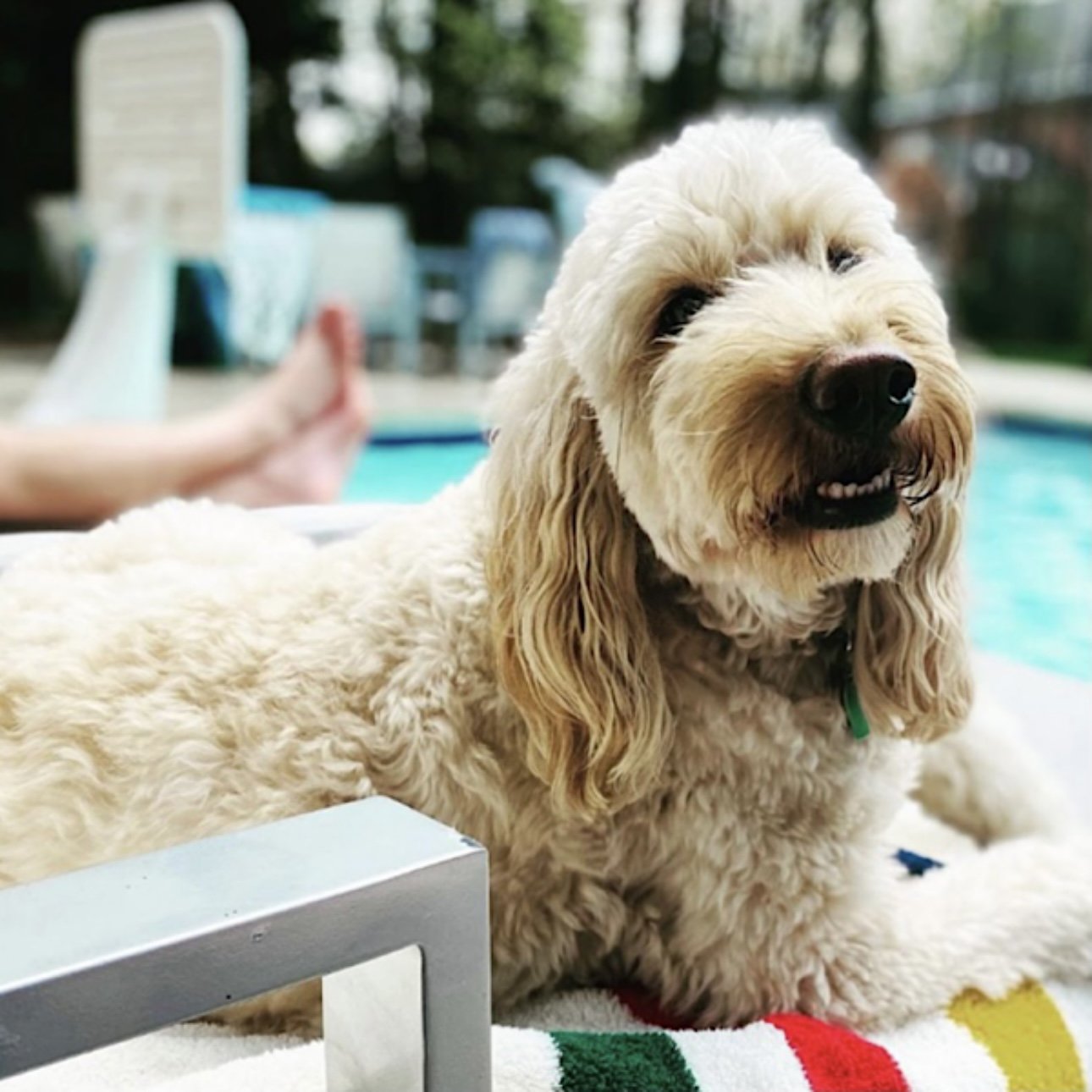September News
How to Stop Excessive Dog Barking
Dog barking can be a common and frustrating issue for pet owners. Excessive barking can be disruptive and annoying and even lead to complaints from neighbors. However, there are effective strategies you can use to curb excessive barking and teach your dog to be quieter and calmer.
Let’s begin by identifying your dog's triggers.
My house dogs consider the deer grazing on the other side of the fence their enemy. The deer quickly realize the dogs can’t get them, so they ignore the incessant barking and continue eating. The dogs don’t react to the UPS truck but can sense a deer in the field every time.
Puppy Attention Seeking
Puppies bark to get my attention for everything; unfortunately, this behavior can continue in their new homes, especially when introduced to a crate. You must be more determined to win this battle than the puppy. The first time you cave and open the crate door in the middle of a barking tantrum, the puppy knows how to win all future contests.
Providing a stuffy with a heartbeat is a good comfort and sometimes all they need. If the puppy is persistent, try removing all visual stimulation. You can place the crate against a wall and cover the top and remaining three sides with a towel or blanket. This may also be an excellent time to go to the grocery store, giving you and the puppy some quiet time.
These initial tough love lessons are best tackled during the day, long before bedtime. Never open that crate door when the puppy makes a noise; wait for a split second of silence. If the puppy needs to potty, generally, whining is part of the signal.
Boredom or Lack of Exercise
Dogs that don't get enough physical and mental stimulation may bark excessively out of boredom or pent-up energy.
Increase daily walks, playtime, and training sessions
Provide interactive toys and puzzles to keep your dog entertained
Anxiety or Fear
Dogs may bark excessively when they feel scared, anxious, or stressed.
Desensitize your dog to triggers like noises or visitors
Use calming aids like pheromone diffusers or anxiety wraps
Attention-Seeking
Some dogs bark to get their owner's positive or negative attention.
Ignore the barking and only reward quiet behavior
Teach an "enough" or "quiet" command
Territorial Behavior
Dogs may bark at passersby or make noises to defend their territory.
Block your dog's view of the outdoors if possible
Teach the "quiet" command and reward calm behavior
Consider a noise correction device to disrupt the barking activity.
Anti-bark device I’m trying for the kennel HERE
Train the "Quiet" Command
Use positive reinforcement to teach your dog to stop barking on command
Reward with treats and praise when your dog is quiet - Practice the "quiet" command in different scenarios to reinforce the behavior
A video example for training “Quiet” HERE
Provide Adequate Exercise and Stimulation
Make sure your dog gets enough daily physical and mental exercise
Try new activities like agility training or nose work to tire them out
Provide interactive toys and puzzles when you're not home
Consider Medication or Supplements
Talk to your vet about anti-anxiety medications or supplements if anxiety barking is severe.
These can help calm your dog and make training more effective
Be Patient and Consistent
Stopping excessive barking takes time and consistency
Stick with the training techniques, and your dog will learn
I would never use a shock collar. If you think they don’t hurt, wear one for a day and give the remote to your sibling. I had to think about that; a kiddo or a spouse might fear payback, but a sibling wouldn’t.
Excessive dog barking can be frustrating, but with the right strategies, you can curb the behavior and teach your dog to be calmer and quieter. By identifying the triggers, training the "quiet" command, providing adequate exercise, and being patient, you can successfully stop excessive barking for good. Start implementing these tips today and enjoy a more peaceful home.
Nursery News
We have one male Goldendoodle available. He has a great personality and will be larger than a Moyen, probably a smaller standard. He was the largest in a litter of eleven, born June 10.
We had two breedings in August; it’s a little too early to confirm pregnancies. If they are successful, the puppies will be ready in December.


